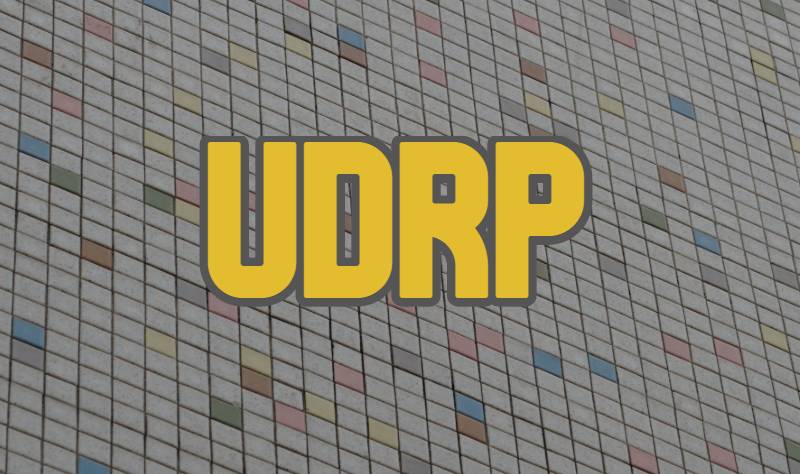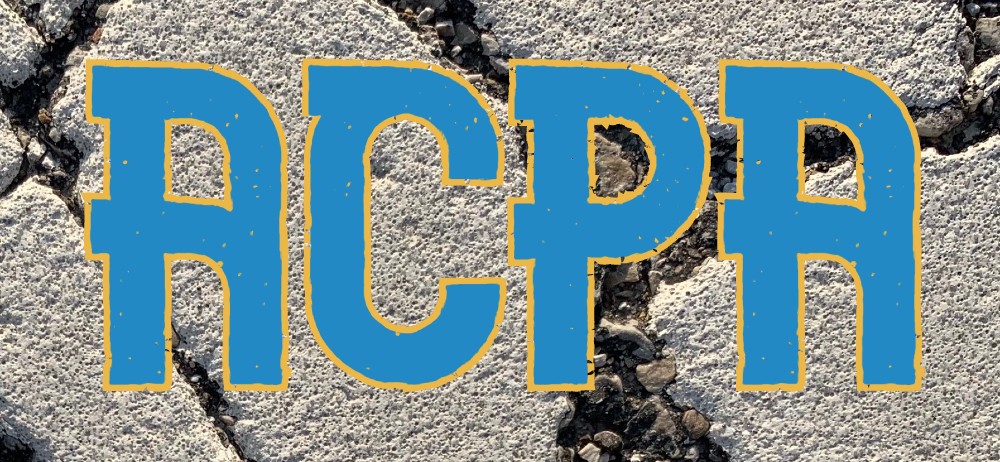Donald Trump filed a UDRP action against plaintiff Stevens over plaintiff’s registration of the domain name TrumpEstates.com. While that action was pending, plaintiff filed a lawsuit against Trump, his organization, and his lawyers, asserting claims of defamation, tortious interference with business relations, and also seeking a declaratory judgment concerning cybersquatting.
Trump moved to dismiss for failure to state a claim upon which relief may be granted. The court granted the motion and dismissed the action with prejudice.
The defamation claim failed because plaintiff had established a website at the disputed domain name that provided a link to a New York Post article that republished the report of the defamatory allegations, namely, that plaintiff had violated the law and had committed cybersquatting by registering the disputed domain name. This claim failed under New York law because words voluntarily disseminated to the world by the party allegedly aggrieved cannot, by definition, be found defamatory.
The tortious interference claim failed because plaintiff did not identify any third party with which it had a business relationship, let alone one with which the Trump defendants interfered and injured.
Plaintiff’s claim for declaratory judgment sought an order from the court holding that plaintiff had not improperly registered the domain name. The court found that plaintiff did not offer any factual allegations of he acted in good faith when he registered the disputed domain name. Instead, plaintiff actually admitted that his business centered around the reselling of domain names. Federal law recognizes it to be an indication of bad faith when it offers to transfer, sell, or otherwise assign a domain name to the mark owner or any third party for financial gain without having used, or having an intent to use, the domain name in a bona fide offering of any goods or services. (In this case, the disputed domain name had been advertised as being for sale for $400,000.)
The case can be properly characterized as a “smackdown” because the court dismissed the action with prejudice, meaning that plaintiff does not have the opportunity to refile the deficient complaint. The court added some gloss on the part of the opinion where it determined that leave to amend it would be improper. It noted that the “network of regulations” that protect trademark owners’ interests in domain names makes “crystal clear that, even in cyberspace, the TRUMP mark is entitled to regulatory protection fair and square.” The court went on to note that it was inconceivable that plaintiff could, as the silence of his papers emphasized, plead any facts that would entitle him to co-opt the Trump name.
Stephens v. Trump, 2016 WL 4702437 (E.D.N.Y., September 7, 2016)
 About the Author: Evan Brown is a Chicago technology and intellectual property attorney. Call Evan at (630) 362-7237, send email to ebrown [at] internetcases.com, or follow him on Twitter @internetcases. Read Evan’s other blog, UDRP Tracker, for information about domain name disputes.
About the Author: Evan Brown is a Chicago technology and intellectual property attorney. Call Evan at (630) 362-7237, send email to ebrown [at] internetcases.com, or follow him on Twitter @internetcases. Read Evan’s other blog, UDRP Tracker, for information about domain name disputes.


